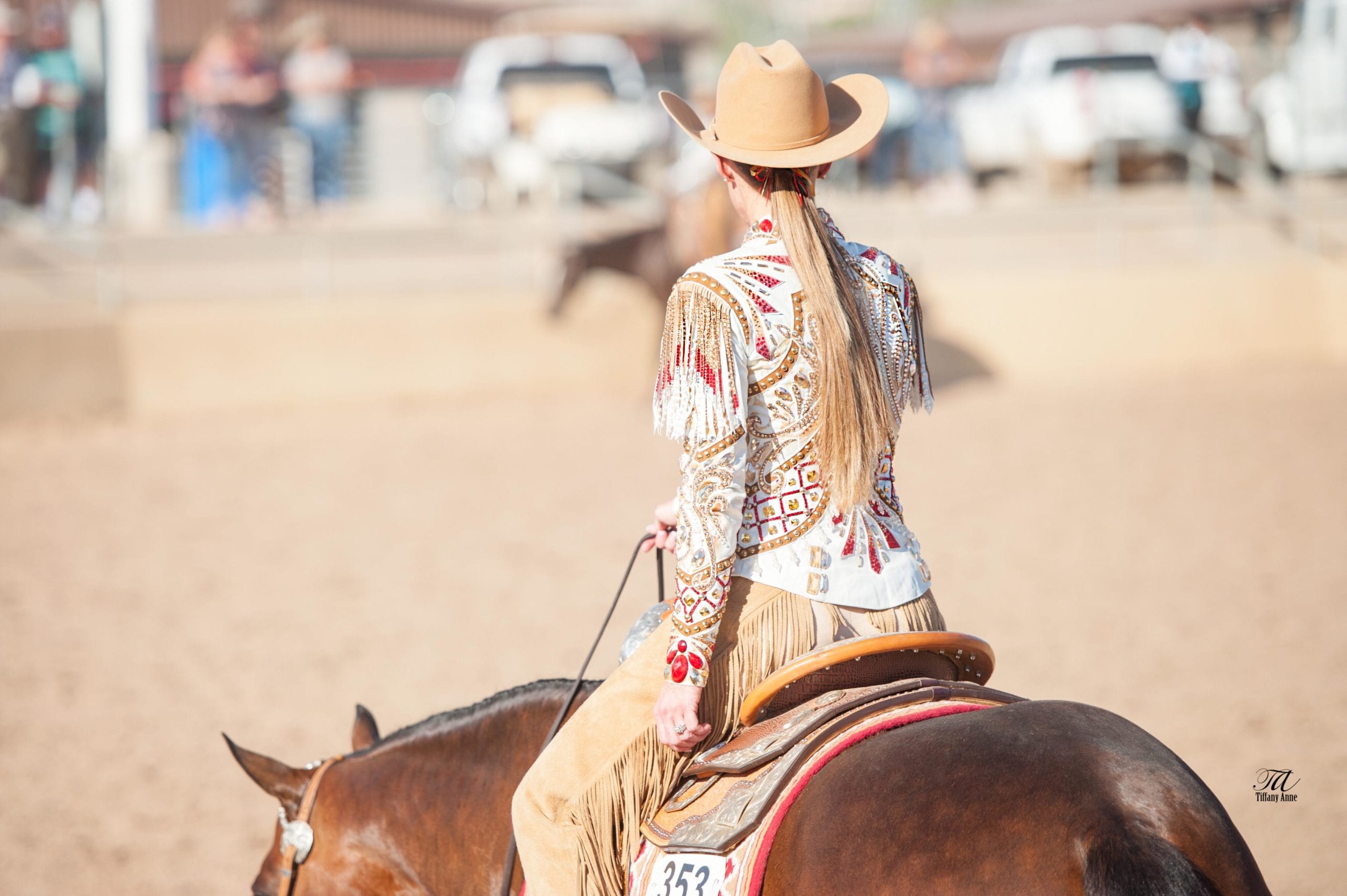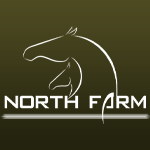The AQHA Executive Committee recently reviewed and approved rules from the AQHA Show Committee. The full standing committee reports can be found at www.aqha.com/committeereports.
Various showing rules were approved during the April Executive Committee meeting. The approved Show Committee recommendations, which are not subject to completing computer programming, will be effective January 1, 2018, and are listed below:
Show Approval
The Executive Committee approved the recommendation that an event with five or more show numbers must have one day off before a new event can start at the same facility.
English Rule Changes
The Executive Committee amended rules pertaining to Rookie working hunter, equitation over fences and hunter hack (SHW252. ROOKIE LEVEL) to allow inexperienced riders to compete with riders of the same minimal level of experience.
With the exception of eligibility requirements, height of jumps and distances between jumps in a line, the same rules apply to Rookie over fence events as apply in the corresponding over fences class.
Fence Heights: Minimum height for Rookie must be a 2’, with a maximum height of 2’3”. Due to the low fence height in Rookie over fences events, it is approved that the distance between fences be in 11-foot increments. The course cannot contain combinations, such as one- or two-stride elements or oxers for use in Level 1 and Rookie events.
The Executive Committee also amended the following English rules to read as follows:
SHW601.2.1. HUNTER UNDER SADDLE
At the option of the judge, horses may be asked to lengthen their stride at the walk, trot or canter, one or both ways of the ring. An extension is an obvious lengthening of the stride with a slight increase of pace while exerting less effort and appears smooth to ride.
SHW610.2.1. PLEASURE DRIVING Addition of
SHW610.2.1 to read, “At the completion of the judging, headers may be called in to assist drivers in the lineup.”
SHW617. HUNT SEAT EQUITATION ON THE FLAT – PATTERN
It is mandatory that the judge post the pattern at least one hour prior to commencement of the class. The pattern should be designed so the majority of exhibitors can perform it in a reasonable length of time (under 60 seconds). All patterns must include a trot, canter and a back.
SHW647.4. CLASS ROUTINE
Except for refusals and knockdowns, jumping faults of the horse are not to be considered unless it is the result of the rider’s ability. If a refusal occurs in a double or triple, competitors must re-jump all obstacles in the combination. In case of knockdowns, the judge will determine a base score for each competitor’s performance. A knockdown penalty of 4 points per obstacle will be deducted from the base score.
The Executive Committee also approved recognizing with a plaque the high-score American Quarter Horse at the United States Hunter Jumper Association children and adult championships.
Equestrians With Disabilities Rule Changes
The Executive Committee amended the following Equestrians With Disabilities rules to read as follows:
SHW768.4. GENERAL RULES FOR TACK AND EQUIPMENT
Except for snaffle or hackamore or side pulls entries, only one hand may be used on the reins and the hand may not be changed. However, use of two hands will not be cause of disqualification, but will be scored accordingly to severity and align with the National Snaffle Bit Association rules.
SHW769.1 HANDLER
Handlers shall stand quietly in a designated area, not obscuring the judge’s line of vision, unless their assistance is required and requested by the judge or ring steward in the event of a safety issue. The handler may either take a position behind, beside or in front their respective exhibitor’s horse or quietly walk forward and snap onto the horse’s halter after the exhibitor’s pattern is completed or the class has come in to line up. Outside assistance may be penalized at the judge’s discretion.
SHW771.PATTERNS
All patterns must be posted an hour before the class. One of the suggested EWD pattern(s) may be used, however a judge in concert with the show management may utilize a different pattern using the acceptable maneuvers except for para-reining.
Western Rule Changes
The Executive Committee amended the following western and timed-events rules to read as follows:
SHW225.3.6. AMATEUR ELIGIBILITY
Held membership accreditation with the Professional Rodeo Cowboy Association, Women’s Professional Rodeo Association (Barrel Race Only) or International Professional Rodeo Association or rated as an open and/or professional in the Ranch Sorting National Championships and/or the United States Team Penning Association, for those events or classes that are the same events or classes in which the individual competes, or desires to compete, in AQHA amateur competition.
SHW305.5. WESTERN EQUIPMENT
In all western classes, excess rein(s) may be straightened or disentangled anytime during the class, provided the rider’s free hand used to straighten or disentangle remains behind the rein hand. Any attempt to alter tension or length of the reins from bridle to rein hand is to be considered use of two hands and a penalty score zero or disqualification will be applied.
SHW710.2 STAKE RACE
Knocking down a pole will be changed from a no-time to a five-second penalty.
The Executive Committee also deleted the following wording in SHW510.1.3., “The rider will lose his or her eligibility to enter boxing if he or she shows three or more times down the fence in any judged class. Being entered in a class that includes the fence work will be counted as going down the fence, regardless if the rider boxed the cow and pulled up before the run was completed.”
For more information on AQHA’s rules and regulations, visit www.aqha.com/handbook.








